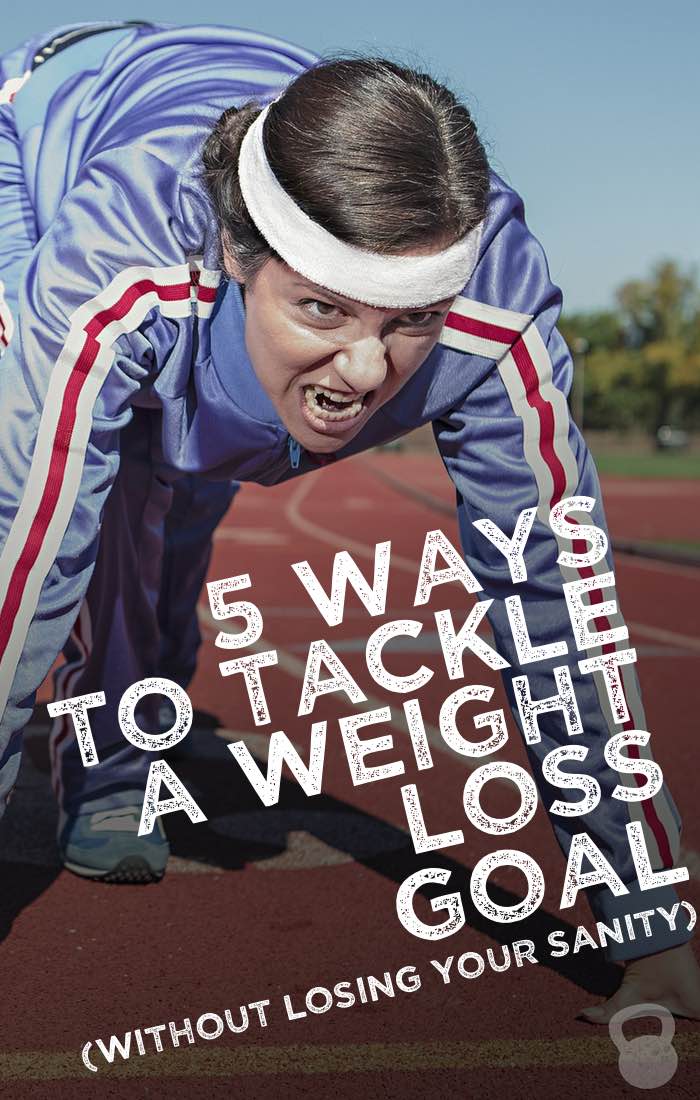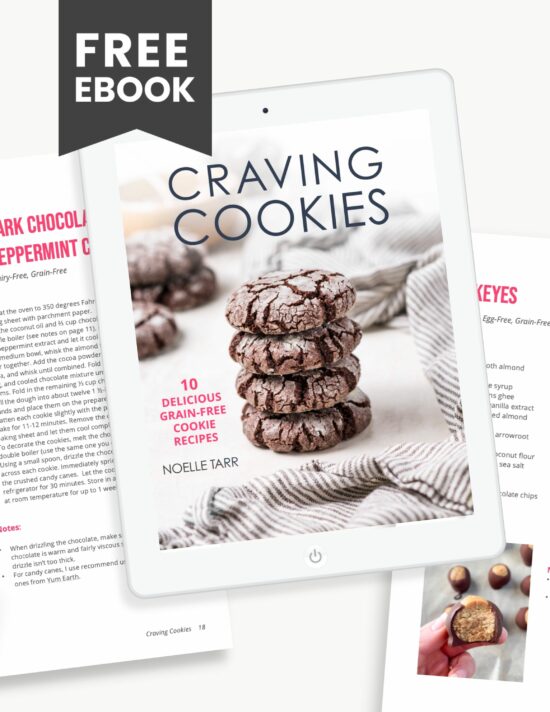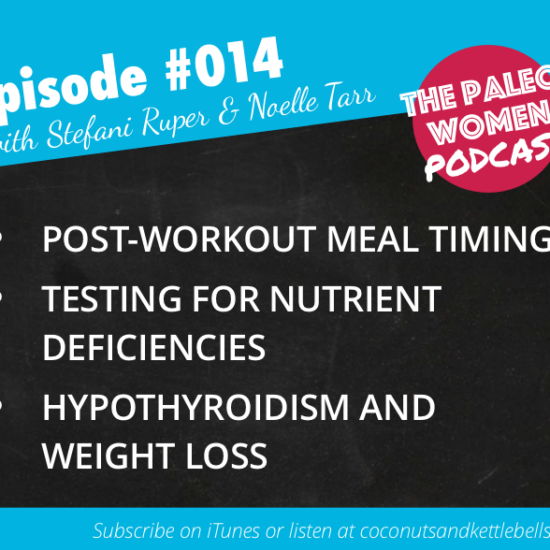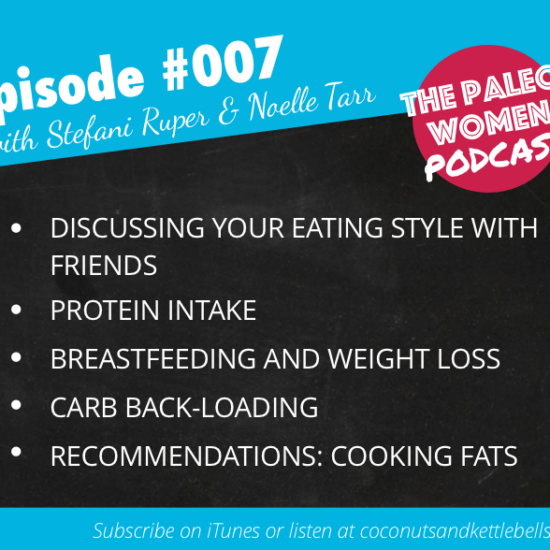This post may contain affiliate links. Please read our disclosure policy.

Interested in losing a few pounds?
You’re not alone.
In fact, over half of Americas report wanting to lose weight, with 25% currently working towards the goal.[1]
While motivations can vary, the most common reason people desire to lose weight is to be more in control of their health, and their appearance.
If you’ve ever heard me discuss weight loss before on The Paleo Women Podcast or Periscope, you know I often talk about pursuing health from a place of self-love, loving and appreciating your body for what it can do, and recognizing that health is not a number, nor is it found at a specific weight or size.
But, this does not mean it is wrong or bad to have a weight loss goal.
Prioritizing self-love gives you the freedom to pursue goals in a way that best serves you. And if weight loss is one of those goals, that’s perfectly OK.
(Please note, having a weight loss goal is not so great for certain people, including those who have a history of disordered eating. If you’re working on your relationship with food, fitness, or your body, focusing on weight loss will only do more harm than good.)
Unfortunately, when pursuing weight loss, the physical, mental, and emotional challenges can be incredibly hard to navigate, and can often lead to sacrificing health and happiness in order to achieve a perceived standard. So, to help you on your journey, here’s five ways to tackle a weight loss goal without losing your sanity.
5 Ways to Tackle a Weight Loss Goal
1. Take action from a place of self-love
What’s love got to do with it? Well, just about everything. Unfortunately, it’s common for people to initiate change with negative self-talk, and allow feelings of inadequacy or shame to drive their actions.
When the desire for change is rooted in negativity, overall health becomes secondary to short-term solutions that provide temporary relief. Achievements that happen along the journey are ignored, and long-term happiness is replaced with fear of never being good enough.
When actions are driven by self-love, food and fitness become opportunities to nourish the body, and make it more capable. It gives you the flexibility to eat more or rest when your body needs it, and do the workouts you actually enjoy—not just doing the ones you think you “should” do.
Self-love means remembering that your body is on your side, and always working for you to keep you alive and healthy. Ultimately, it allows you to make goals that are specific to your body’s needs, and adjust them as needed without judgement based on what’s going to serve you best.
2. Let go of the scale
When pursuing health improvements, many people allow the number on the scale to control how they feel about their body, success, and self-worth.
But, when numbers hold the power, small fluctuations create unnecessary stress, anxiety, and judgement, and food and fitness often become tools for manipulating the numbers instead of nourishing the body.
While numbers can be helpful for establishing a starting point, regular assessment of physical weight can be misleading, and takes the focus away from daily accomplishments. Furthermore, trying to reach a specific perceived “ideal” can make you feel like a failure if you fall short, when in reality—reaching it might require you to compromise your health.
Health can be found at a variety of weights and shapes, and is a dynamic condition that relies on physical, emotional, mental, and social well-being. Focus on reaching a weight range that is best for your body, and what actions you need to take to make your body more capable.
3. Ditch the one-size-fits-all mentality
One-size-fits-all solutions are quite appealing. They’re simple, easy to understand, and require no questioning or confusion.
But, they’re also incredibly ineffective at providing long-term results.
This is because we are all highly individual people, with varying genetic and ethnic backgrounds, and upbringings. We all react differently to certain foods depending on our body’s unique metabolic response, energy requirements, hormonal signaling, stress load, and gut microbiome—to name a few.2
As a result, just because a specific diet protocol, macronutrient intake, or workout plan works for someone else does not mean it will work for you. While it may take a little extra time and consideration, giving yourself a framework and making adjustments based on how your body responds to certain changes will allow you to move on when something isn’t working, and figure out what does.
4. Drop guilt and shame
Feeling guilt or shame doesn’t actually do you any favors when it comes to pursuing change. In fact, it’s often the reason many people struggle to remain consistent.
Let me explain.
You are not a “good” or “bad” person based on the foods you do, or don’t eat. Food does not have morality, and engaging with food in a certain way does not affect your self-worth in any form or capacity.
Having this belief about food typically results in trying to restrict anything that is perceived as “bad.” Unfortunately, for many people—this only leads to a loss of control around food, which then leads to managing the guilt or failure with more restriction, and the cycle continues.
This makes sense, since studies show restriction leads to powerful neurological responses in our brain, which heighten food reward and make us want those foods even more.
Understanding that food is neither “good” nor “bad” gets you off the shame-train, and allows you to quickly shift back to consuming the foods that are most nourishing for your body when an “off-planned” indulgence occurs. It also reduces stress and anxiety around food, which means focusing more on enjoying your time with the people at holiday gatherings or dinner parties.
5. Focus on making your body more capable
Many people pursue a specific weight or body shape believing that when they reach it, life will magically improve. This illusion is driven by the idea that reaching a specific weight will put us in control of our body or other people’s perception of us, which will make us more successful, healthier and happier.
And while I wish it was all that easy, it’s not.
When it comes down to it—lasting happiness does not come from what your body is, it comes from what your body does.
Happiness doesn't come from what your body is, it comes from what your body does.Of course, you can absolutely be happier as the result of your body changing. But, the happiness most of us desire in life isn’t the result of being a certain shape or size, it’s because of all the things we’re able to do, see, love, and experience in our body.
By focusing on the things that make you more capable, you allow yourself to enjoy the process, and take action on the things you can control to reach your goal.
Have you had success tackling a weight loss goal? What did you learn through the process? Share your experiences below!





Sarah says
Spot on. Love this!